
The Free Press

For months now, the parallels between 2024 and 1968 have seemed eerie. The Democratic convention is once again in Chicago this August, as it was 56 years ago. The Democratic incumbent, once again, is despised by his left-wing base and seems out of touch with voters. College campuses are once again aflame over a foreign war.
And yet despite these echoes, anyone familiar with the horrors of 1968 would have thought things were much worse in that year of street battles and riots than today. Until Saturday in Butler, Pennsylvania.
Yesterday evening, an assassin’s bullet came a hair’s breadth away from killing the Republican nominee and front-runner in the 2024 presidential election, Donald Trump. Instead, the bullet grazed his ear, setting the stage for an iconic photo of Trump raising his fist as his Secret Service detail took him off the stage.
The shooter, a 20-year-old Pennsylvania man named Thomas Matthew Crooks, climbed to the roof of a nearby building where Trump was speaking, according to an eyewitness. After his first volley of fire, Crooks was shot dead by Secret Service snipers. On Sunday, The Wall Street Journal reported that authorities had found explosive devices in his car. So far, little is known about Crooks and his motive.
The near assassination of Trump is an echo of the violence of 1968, when both Martin Luther King Jr. and Robert F. Kennedy were gunned down in a two-month span in the spring of that year. Both were the victims of lone gunmen, James Earl Ray and Sirhan Sirhan, respectively. The murders threw America into a cycle of riots and crackdowns that culminated with the Democratic convention in Chicago at the end of August.
With those two assassinations, five years after the murder of President John F. Kennedy, our politics were shattered. Political violence has come and gone in America since its founding. Other presidents before Kennedy were killed by radicals. The political violence of the 1960s, though, ushered in a new kind of chaos. The novelist Norman Mailer, who was covering the Democratic convention for Esquire, described one of the street battles as “a dozen little fires which lit up the woods, still fogged with gas.”
The violence around the 1968 convention climaxed with the Battle of Michigan Avenue, as protesters and police clashed outside the Conrad Hilton where the Democratic leaders were staying that week. The Chicago police, in some cases, threw rioters through plate-glass windows and deployed so much tear gas the stench wafted through the window of the suite where Vice President Hubert Humphrey was staying.
At the end of the day, 100 protestors and 119 police officers were treated for injuries and more than 600 people were arrested. The whole 17-minute melee was broadcast through satellite feed to the entire world.
The riots doomed the candidacy of Humphrey, who won the contested convention that year to become his party’s presidential nominee. Ted Van Dyk, Humphrey’s speech writer, told me in a recent episode of Honestly, “We spent the rest of the campaign trying to shed the feeling of Chicago, which really influenced voters, and they associated Democrats with disorder.”
After 1968, a few student radicals formed the Weather Underground, a domestic terrorist organization responsible for a string of bombings of throughout the early 1970s. It’s too soon to say whether organized political violence—like that of the Weather Underground or other groups such as the Symbionese Liberation Army, which kidnapped and brainwashed heiress Patty Hearst—will follow if Trump is elected. What is known is that radicals are already planning street disruptions in Chicago this year. While the Vietnam War galvanized the left in 1968, this year it’s the war in Gaza. No Americans are fighting, but the U.S. has armed Israel’s defensive war after Hamas invaded the Jewish state on October 7, massacring 1,200 people.
The Free Press attended one of the workshops planning these disruptions. The plan is to organize marshals who will stand between demonstrators and the police. These marshals, however, are not there to keep the peace. One of the organizers told activists at the meeting, “We do not dissuade or push back against direct actions or disruptions.”
The political implications are clear. A violent convention next month that reminds Americans of the horrors of 1968 will seal the fate of a damaged Democratic presidential campaign. The party is already in the midst of a political civil war over whether President Joe Biden has the stamina or acuity to run for reelection. It’s hard to imagine any candidate, let alone an 81-year-old man who looks every year of his age, surviving this maelstrom.
The question that remains is whether the near calamity of this weekend will doom America to another era of chaos. Put another way, if Trump wins a second term in November, will the already enraged fringe of the American left go quiet? Or will they seek the bullet over the ballot as they did more than half a century ago?
Eli Lake is a Free Press columnist. Follow him on X @EliLake, and click below to listen to his recent podcast “When a President Drops Out: What Biden Can Learn from 1968.”
To support more of our work, become a Free Press subscriber today:


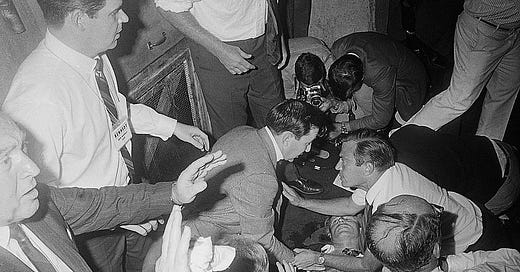


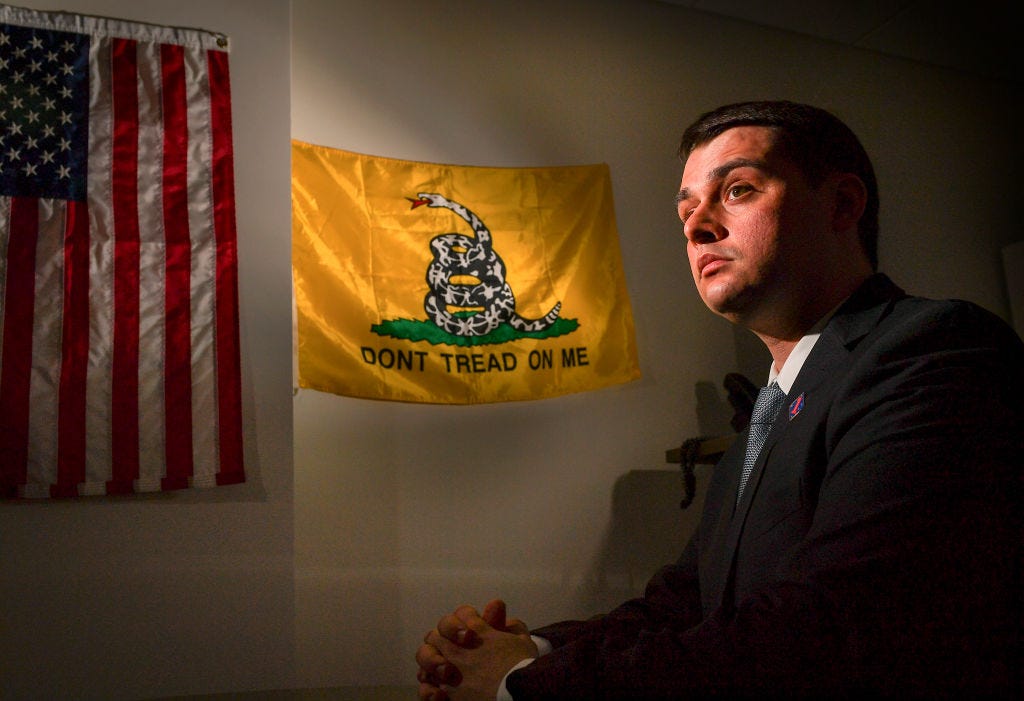

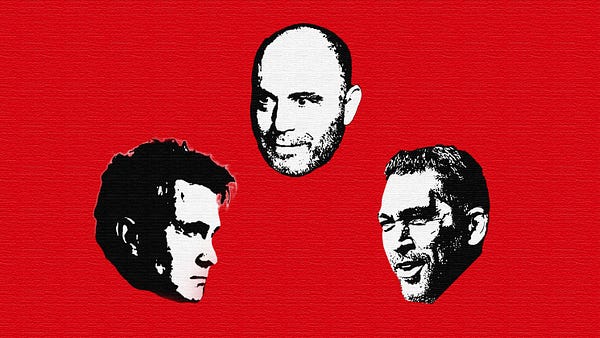

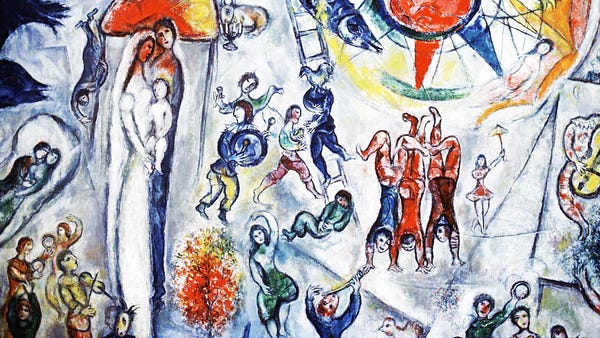

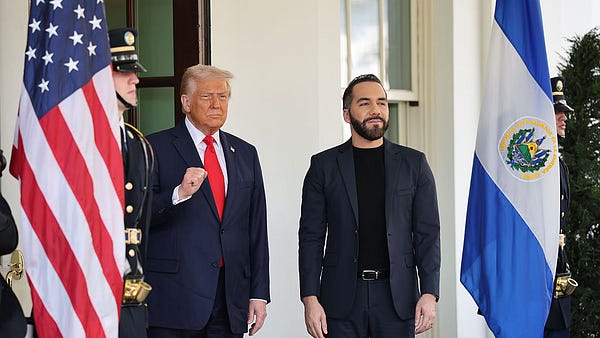

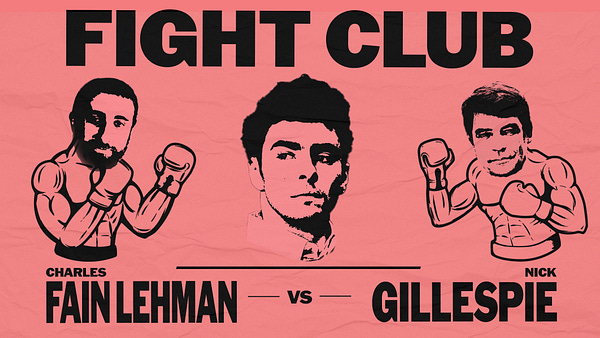

All it would take to stop a replay of 1968 is one serious urban prosecutor to charge the maximum on demonstrators who break the law, including the heightened charges available e.g. in California for wearing a mask to commit a crime. The kids won't risk their precious future careers, whether at McKinsey, Starbucks, or Walmart. And refer for deportation the ones here on a visa.
Beautifultrouble.org and progressive international.org are two organizations actively planning “disruptions”